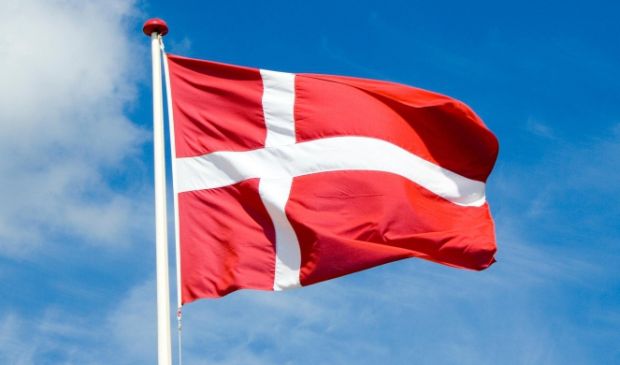
The Denmark vote could send ripples across the continent at a time when the EU is grappling with the biggest flow of displaced people since World War II and elevated security concerns following the terror attacks on Paris, the report says.
In the referendum, voters were asked if parliament should have the power to opt-in on a total of 22 EU justice and home affairs laws, from which the small Nordic country has hitherto been exempt. The laws cover a range of issues from human trafficking to child pornography and information-technology attacks.
With 98.5% of ballots counted late Thursday night, results showed 53% had voted "no" while 47% had voted "yes."
The outcome is a defeat both for the Danish government and the main opposition parties who had urged voters to back the proposal, arguing it was necessary for Denmark to combat cross-border crime and remain a member of Europol even after a planned overhaul of the intergovernmental police agency next year.
The main winner is the Danish People's Party, or DPP, the second biggest party in parliament and a key ally of the government, which called on Danes to vote "no." DPP leaders have said that adopting the government plan could compel Denmark to participate in joint EU efforts to tackle the region's migrant crisis.
Denmark, like the U.K., has so far been exempt from the EU's migrant-relocation plan, as well as a raft of other common EU regulations.
Prime Minister Lars Lokke Rasmussen, of the right-wing Liberals, has denied a "yes" vote would lead to Denmark accepting more refugees.
The outcome may sow further tension between the Liberals and DPP at a time when the country is facing increasing numbers of asylum seekers, following neighboring Sweden's recent move to impose border controls.

